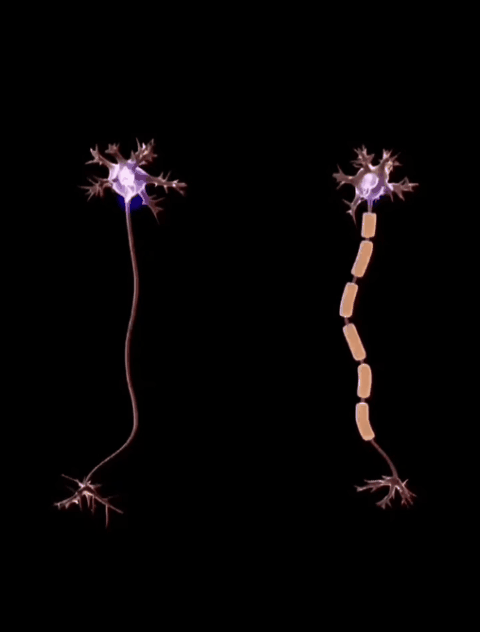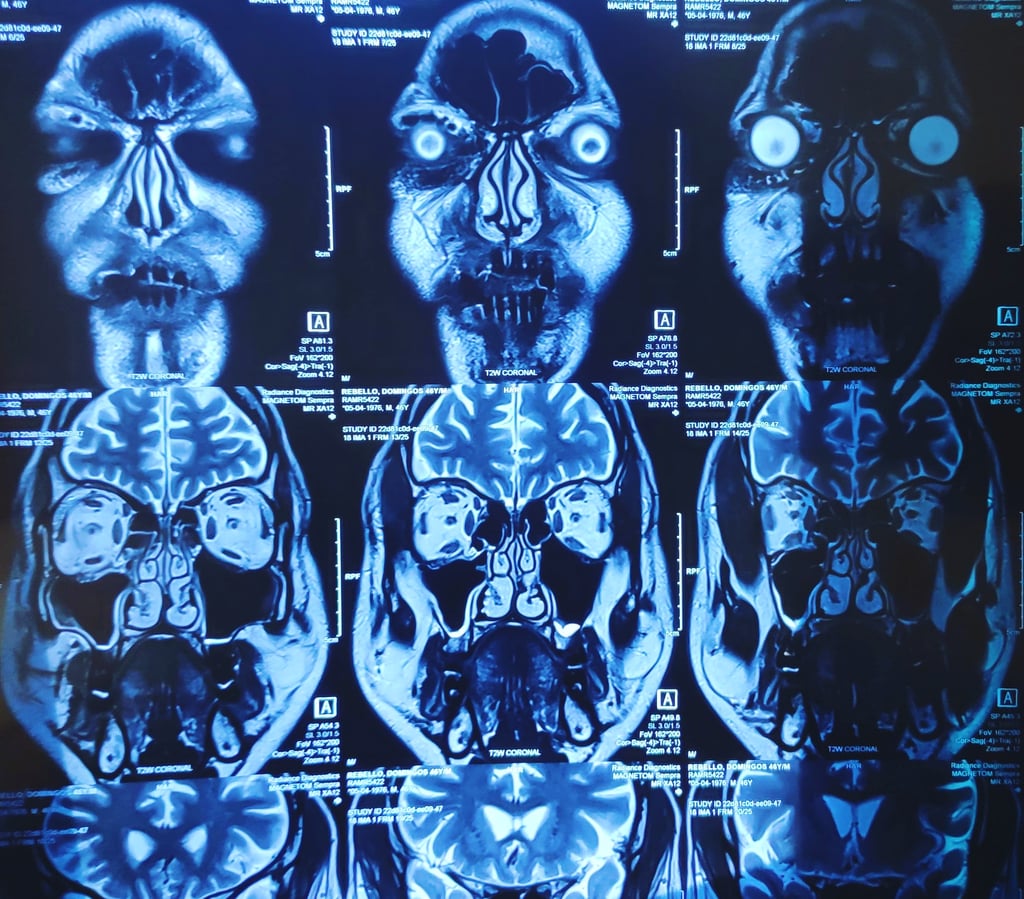Dr V. W. Verlekar
Huntington Disease: 5 Things to Know
Understanding Huntington Disease: A Devastating Neurodegenerative Disorder
NEUROLOGY
Dr V. W. Verlekar
5/7/20242 min read


Huntington Disease: Understanding the Basics
Huntington Disease (HD) is a complex and debilitating neurodegenerative disorder that affects individuals both physically and mentally. It is caused by a genetic mutation in the htt gene, which leads to the production of a toxic form of the huntingtin protein. This mutation results in the progressive deterioration of nerve cells in the brain, leading to a range of symptoms that impact motor function, cognition, and psychiatric well-being.
1. The Onset and Progression of Huntington Disease
One of the key aspects of Huntington Disease is its progressive nature. While the symptoms of HD typically start to manifest between the ages of 30 and 50, it is important to note that the onset can occur at any age. The disease follows a relentless course, gradually worsening over time. As the nerve cells in the brain continue to degenerate, the symptoms become more pronounced and debilitating.
2. Motor Symptoms: Involuntary Movements and Impaired Coordination
One of the primary manifestations of Huntington Disease is the presence of motor symptoms. Individuals with HD often experience involuntary movements, known as chorea. These movements can be jerky and unpredictable, making it difficult for individuals to control their own body. In addition to chorea, HD can also cause rigidity and impaired coordination, further impacting an individual's ability to perform daily activities.
3. Cognitive Impairments: Challenges with Planning and Decision-Making
Apart from the motor symptoms, Huntington Disease also affects cognitive function. Individuals with HD often face difficulties with planning, organizing, and decision-making. These cognitive impairments can significantly impact their ability to carry out tasks that require complex thinking and problem-solving. As the disease progresses, individuals may also experience memory loss and difficulty in maintaining focus and attention.
4. Psychiatric Symptoms: Depression, Anxiety, and Irritability
In addition to motor and cognitive symptoms, Huntington Disease can also lead to various psychiatric symptoms. Depression is a common occurrence among individuals with HD, and it can significantly impact their overall well-being. Anxiety and irritability are also prevalent, further adding to the emotional burden experienced by those affected by the disease. It is important to note that these psychiatric symptoms can have a profound impact on the quality of life for individuals with HD and their caregivers.
5. The Genetic Basis of Huntington Disease
Huntington Disease is a genetic disorder that is inherited in an autosomal dominant manner. This means that if a parent has the mutated gene, there is a 50% chance that their child will inherit the disease. The gene responsible for HD is called the htt gene, and the mutation leads to the production of an abnormal form of the huntingtin protein. This toxic protein accumulates in the brain, causing the degeneration of nerve cells and the subsequent manifestation of HD symptoms.
Summary
Huntington Disease is a devastating neurodegenerative disorder that affects individuals both physically and mentally. Its progressive nature and the wide range of symptoms it presents make it a challenging condition to manage. Understanding the basics of HD, including its onset, motor symptoms, cognitive impairments, psychiatric manifestations, and genetic basis, is crucial for both individuals living with the disease and their caregivers. By raising awareness and supporting ongoing research, we can strive towards better treatments and ultimately, a cure for Huntington Disease.











